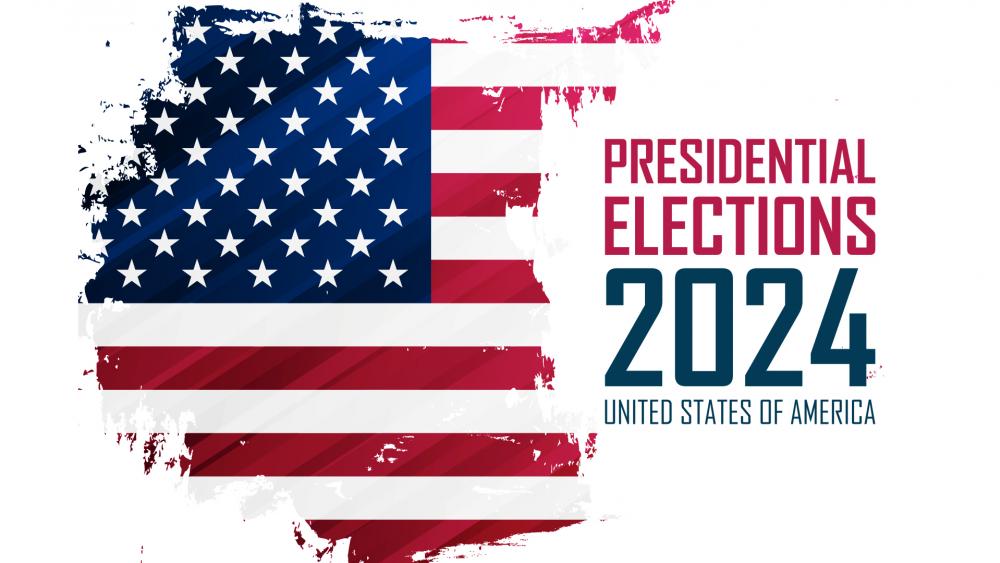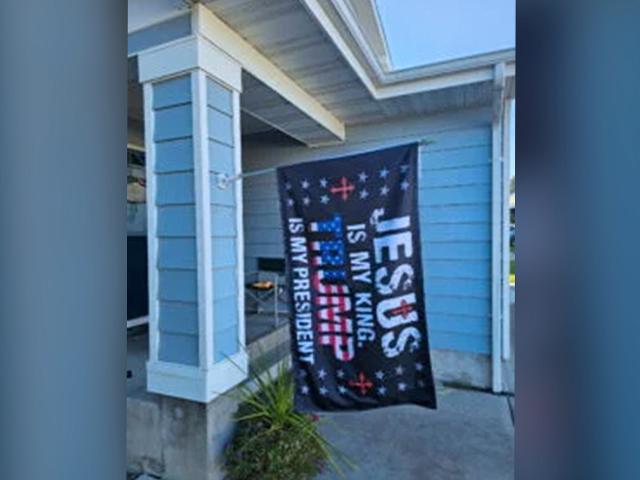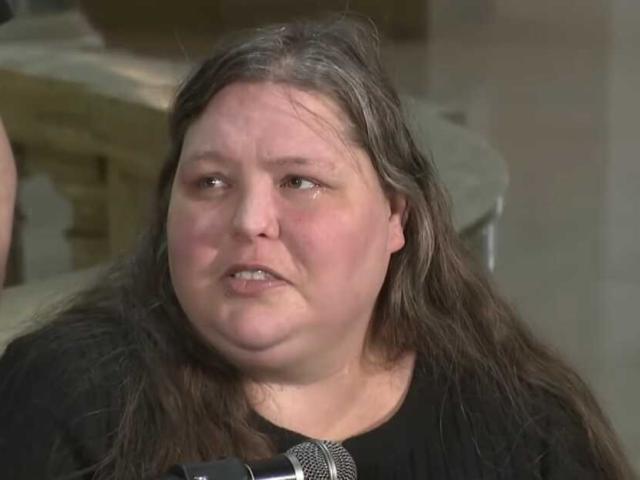The threat environment for the 2024 election cycle is considered to be very high as bad actors, both foreign and domestic, could seek to disrupt U.S. voting systems.
Still, state officials say they have tools at their disposal to ensure the 2024 election is safe and accurate.
In January of 2017, the Obama administration designated the country's election infrastructure as critical. That move added federal protections, including allowing Secretaries of State, nationwide, to receive classified information about specific threats.
"Most of the information that we get from the federal government tends to be big picture and it tends to be more focused on foreign rogue actors, foreign nations that are unfriendly to the United States," said Kentucky Secretary of State Michael Adams.
Potential threats to this year's election include cyber-attacks, misinformation campaigns, and possible physical violence at polling places or state houses.
Adams already has firsthand experience in this area.
"I got sworn in the second time on January 2, and the next day, a bomb threat shut down our building, disrupting important government activities... Unfortunately, we do get threats of violence against me personally and against my staff," Adams told CBN News.
In Kansas, Secretary of State Scott Schwab says he's been getting death threats since his time as a state legislator. Now, his office prepares for other dangerous scenarios.
"There's reports of fentanyl being sent and weaponizing fentanyl to elected officials, and that's just terrifying. Our office now has Narcan in the office in case a letter shows up," Schwab told CBN News.
Former D.C. Chief of Homeland Security and Intelligence, Donell Harvin, warns that emotions are high this election cycle. Part of that, due to a constant barrage of grievances being broadcast, which has become a breeding ground for resentment. Resentment is a key theme in radicalization.
"When they make those grievances visceral, when they...project those onto you, and then you look around, you say, 'Well, no one's doing anything, and I can't trust the federal government.' That's where people kind of rise up and become radicalized," Harvin explained.
Federal law enforcement warns state officials that foreign adversaries seek to take advantage of such polarizing topics.
"If you look at what foreign adversaries did in 2020 and 2016 to try to weaken our system of government, weaken our democracy, they didn't actually hack into any voting equipment, they didn't hack into voter registration and change information...The harm that they brought was harm in their bots re-circulating information that was false, in turning Americans against each other," said Secretary Adams.
Ahead of the 2024 election, states, along with the federal government are working to ensure voters have a way to confirm information they're hearing. It's called the Trusted Info 2024 Initiative.
"This is a trusted source and we can partner with Department of Justice and Homeland Security and say, 'Hey, this is false information, shoot it out,'" said Secretary Schwab.
Schwab, who is also the President of the National Association of Secretaries of State, or NASS, says #TrustedInfor2024 is being used to provide real-time updates on all of their social media platforms.
While tackling misinformation is important, a greater priority is preventing cyber-attacks.
"While the American public debates whether or not our voting machines are secure, and they are, our concern is more voter lists, and making sure we are using cyber to protect those voter lists," said Schwab.
"The last thing I want is for us to wake up on Election Day, and that list is completely deleted, or manipulated," he continued.
Despite the serious nature of these threats, state officials believe efforts to plug up potential vulnerabilities will pay off.
"We've done more in the last four years than we did in the prior 200 to really kick the tires on our election system and improve it in every way possible," said Secretary Adams.
As this ground work continues ahead of November, state officials have one resounding complaint: Congress has yet to provide federal funding relied upon in past election years.
"This money has been very helpful, especially in this threat environment of the last few years, whether it's cyber-security, physical security, or other forms of election protection," said Minnesota Secretary of State Steve Simon.
"We don't know how much money we're gonna get, and we don't know when we're gonna get it," said Adams.
Given that uncertainty, state officials want the public to join their fight against attempts to disrupt this year's election, specifically by voting.
"My wife every now and then, she'll wake up and say, 'Not today Satan, not today.' When it comes to election season this year, just say, 'Not today Russia, not today China, not today Iran. We're Americans and it's our election,'" said Schwab.
Officials emphasized, while there could be instances of human error on Election Day, that doesn't mean fraud, and for anyone still skeptical of the process, they suggest volunteering as a poll worker.
Did you know?
God is everywhere—even in the news. That’s why we view every news story through the lens of faith. We are committed to delivering quality independent Christian journalism you can trust. But it takes a lot of hard work, time, and money to do what we do. Help us continue to be a voice for truth in the media by supporting CBN News for as little as $1.











 Support CBN News
Support CBN News







